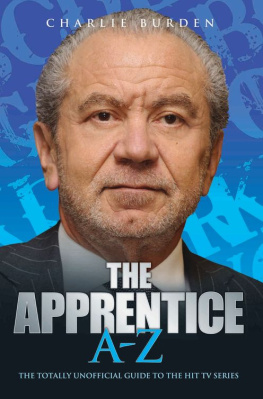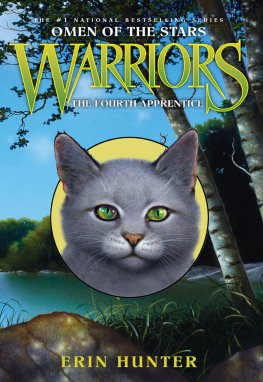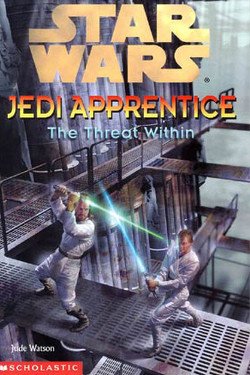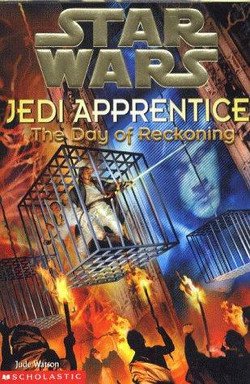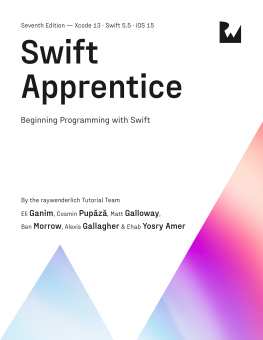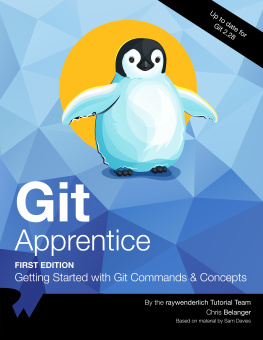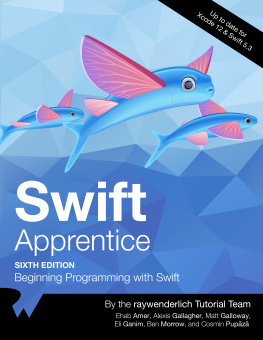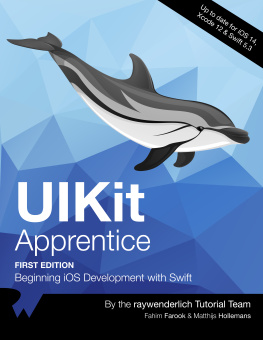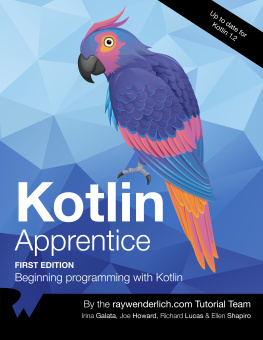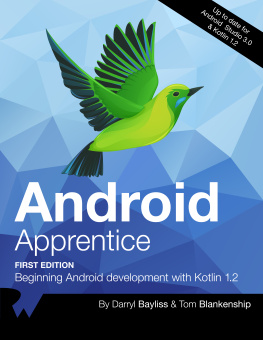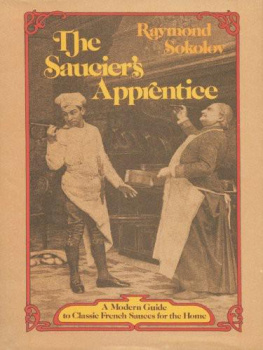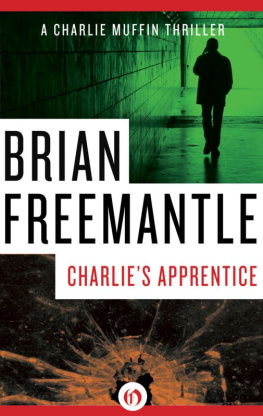Belligerent, blunt and brilliant, Lord Sugar is more than just the public face or star of The Apprentice. He is the very personification of the dual themes of the series. Sugars meteoric rise in the world of business, and estimated personal worth of 800 million, serve as inspirations to budding entrepreneurs. Simultaneously, his fearsome manner and merciless way of communicating remind them of the harsh realities of the industry they aspire to join. Without his unforgiving, clear-eyed and bristling presence, the programme would be an entirely different, inferior prospect. He is irreplaceable, as central and crucial to the shows appeal as is Simon Cowell to the X Factor.
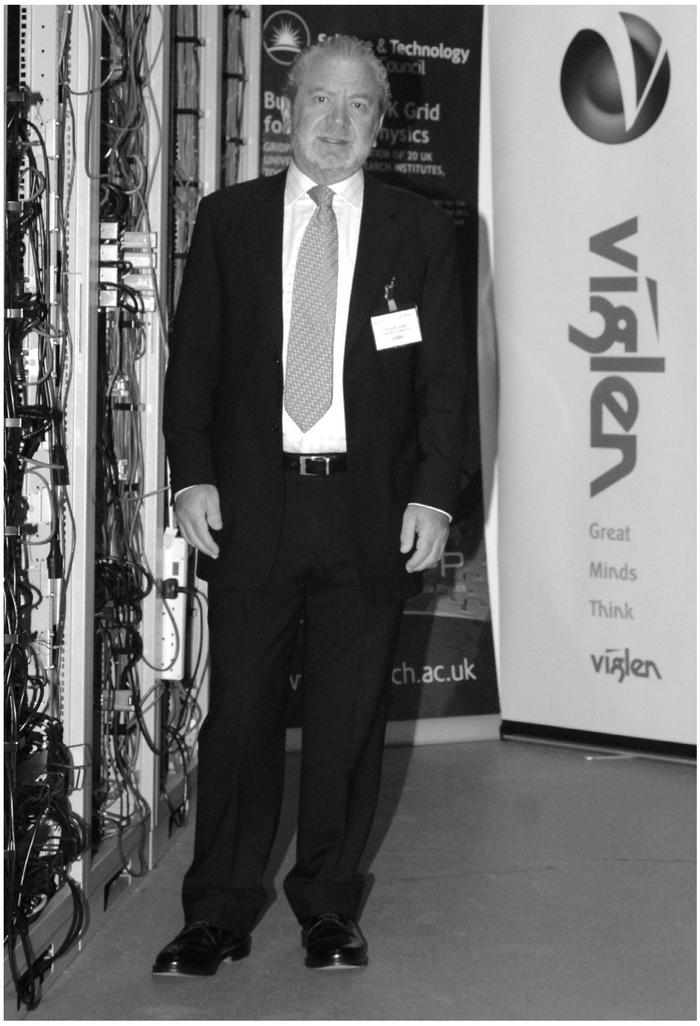
S IR A LAN AT V IGLEN . T HE COMPUTING GIANTS CHIEF EXECUTIVE IS AN A PPRENTICE INTERVIEWER .
Before he came to public attention through the show, Sugar had already spent 40 eventful years as a businessman, during which even media magnate Rupert Murdoch had been moved to describe him as probably Britains greatest entrepreneur. Sugars journey to the top was inspiring and eventful. Born in 1947 by caesarean section, Alan Michael Sugar was the youngest of four children. With 11 years between him and his nearest sibling, he felt in many ways like an only child. He grew up in Hackney, east London. The capital was recovering from the Second World War and these were tough times in a rough neighbourhood.
From an early age, he began to show the signs of enterprise that would see him rise. For instance, one of his key skills in business has been as a salesman. Even when he was a mere schoolboy, his headmaster took admiring note of the bright pupils powers of persuasion. At the age of 12, as has become legendary, he was rising at the crack of dawn to boil beetroots for a local greengrocer. Then he launched an amateur photography business, snapping photos of peoples families for money. He was a grafter while still in short trousers.
Through keen, hungry eyes, he continued to spot opportunities to make money and pursued them with energy and courage. By the time he left school, his income was higher than that of his father, a tailor. Indeed, Sugars parents often viewed his enterprising ways with concern and fear. He was not to be held back. Once free from school he was able to widen his business ventures and he did so with focus and determination. He sold everything from cigarette lighters to car aerials. He launched his own electronics company, Amstrad, in the 1960s. He was just 21 years of age. The company name is inspired by his own name: it is an acronym of Alan Michael Sugar Trading. During the following decade it grew and grew, until in 1980 he floated it on the stock exchange. By this time Amstrad had become a force to be reckoned with in several sectors, including those of hi-fis and personal computers.
Already a success, he thrived and blossomed further during the entrepreneurial atmosphere of the 1980s. It was a decade made for people such as him. Theres a new breed of person coming up the likely lad, said Sugar during the 1980s. You see it in the City and everywhere. Its no longer Mr Heathcote-Smythes son whos getting the job. There were few likelier lads than he in British business in those times: in 1987 his personal worth was in the region of 600 million. That years stock-market crash hit his company hard for a while, but Amstrad and Sugar bounced back. The business world had changed for ever and Sugar was all the happier for the changes. The establishment was smashed, definitely, he said. The old-school tie went out the window. Anybody can do anything now.
The man that viewers see on The Apprentice is very much the same as the man people back then encountered in everyday business meetings. A business contact who sat in meetings between Sugar and the Dixons electronics chain said that they were often feisty summits. These were not meetings where you would want to talk unless you had to because you would get ripped apart by your own side if not the other, said the source. They were fighting over volume and percentage points for hours and hours. These were every bit as fearsome as the boardroom showdowns of The Apprentice. The air would turn blue and desks were thumped. However, once the business of the day was concluded, hands would be shaken and laughter would be shared.
He is an undeniable British success story, but not everything Sugar has touched turned to gold. When he got involved in football in 1991, it turned out to be a rollercoaster ten years. He became the chairman of his favourite team, Tottenham Hotspur, but his experience of the beautiful game was bruising. He contributed a huge amount to the club, not least paying off over 20 million of debts to get it back on its feet. But he and Terry Venables endured a tumultuous relationship that ended up with the popular manager being sacked. I felt as though Id killed Bambi, said Sugar, accurately describing the extent of the wrath he faced from the fans after he told Venables: Youre fired.
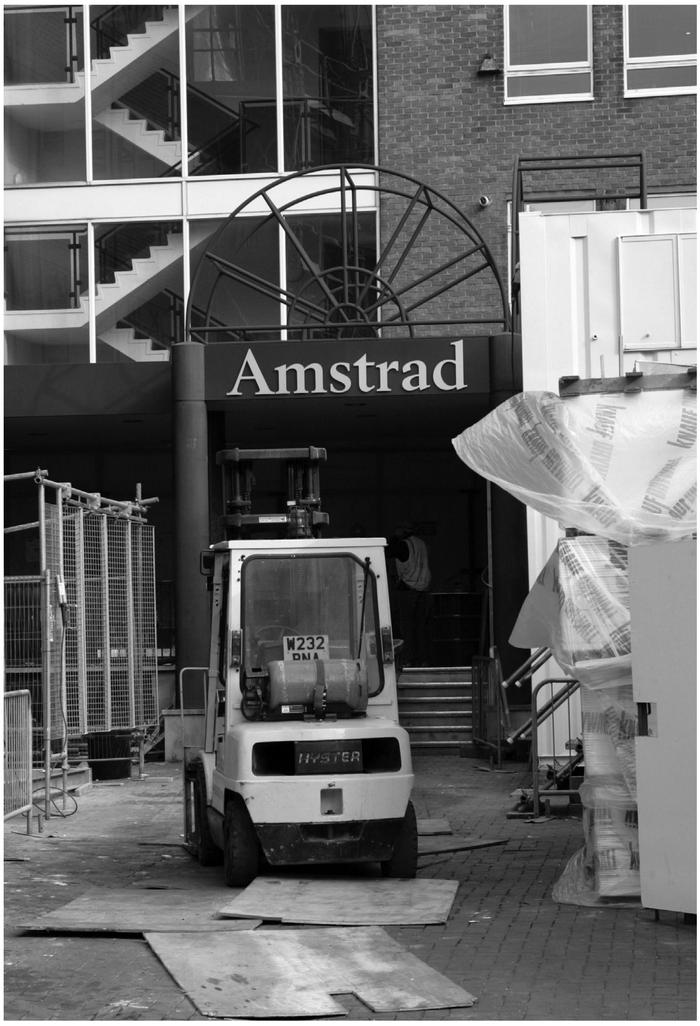
S UGARS OLD HEADQUARTERS IN B RENTWOOD, E SSEX, WERE TURNED INTO A HOTEL.
His football reign also did nothing to give him a positive perception of professional footballer as a class. Theyre scum, total scum, he said, with typical, to- the-point candour. They dont know what honesty or loyalty is. Theyre the biggest scum that walk on this planet and, if they werent football players, most of them would be in prison, its as simple as that. He and Venables ended up embroiled in a court battle, during which the abuse Sugar faced from angry Spurs fans became all the more bitter and threatening. His family, too, were targeted and Sugar eventually decided to walk away from the game.
He has endured his fair share of high-profile embarrassments. In 2005 he predicted that the iPod would not be a lasting success. Next Christmas the iPod will be dead, finished, gone, kaput, he said. He then watched with surprise as Apple sold hundreds of millions of units of its famous MP3 player. He would have liked to have enjoyed a slice of that success when he launched his e-mailer product, a telephone that also allowed the user to send emails. It was launched to great fanfare, with the

